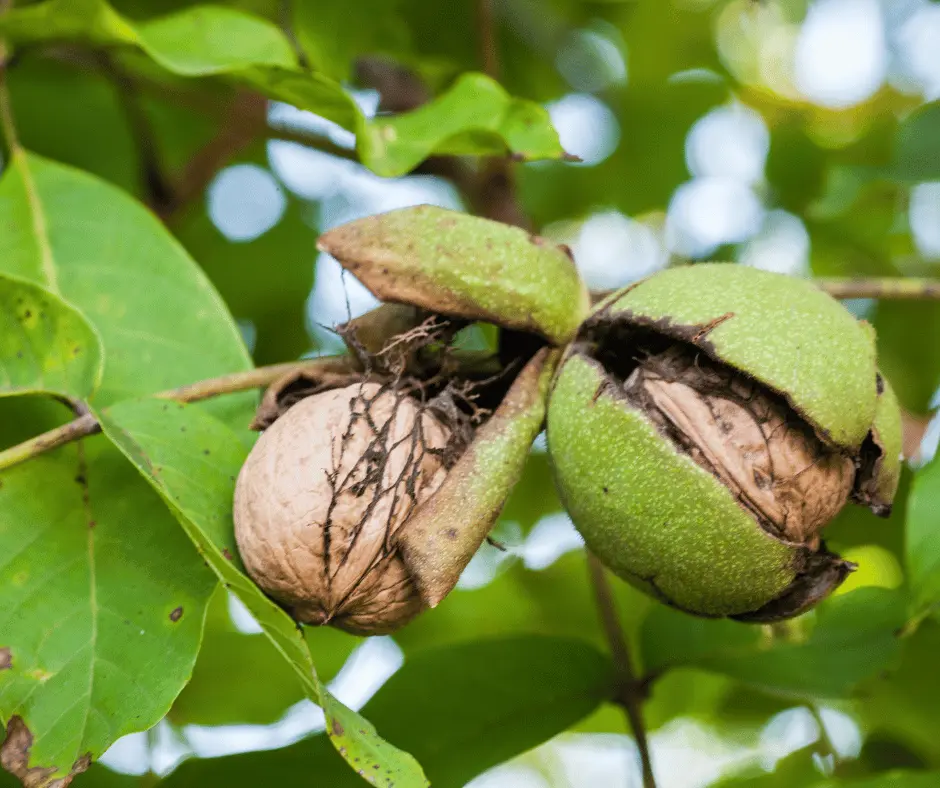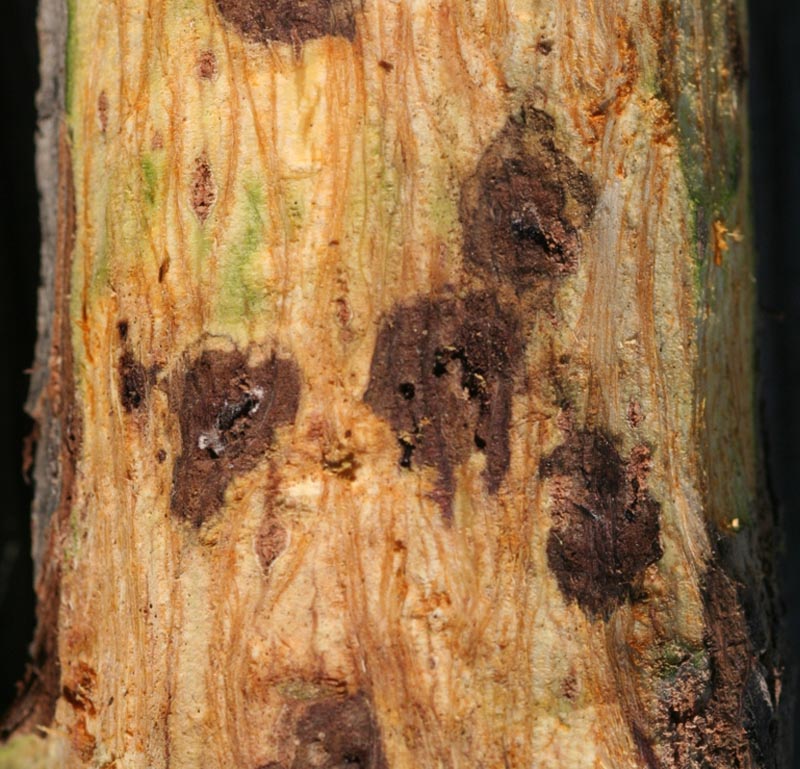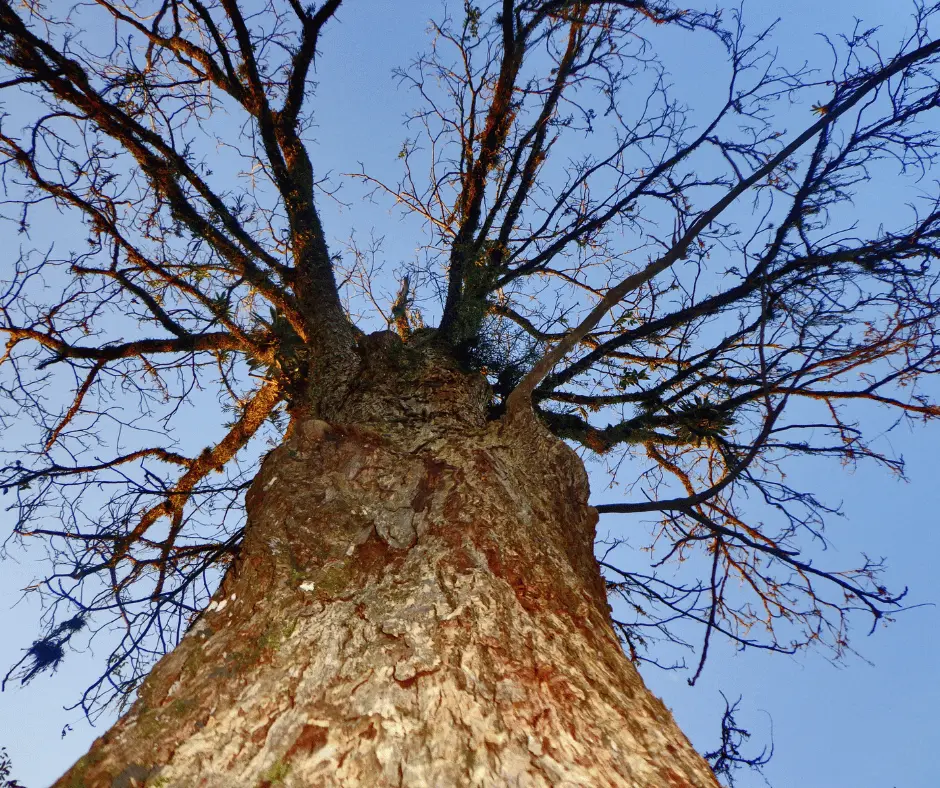We’ve discussed theWalnut Quarantine Expansion Looming Walnut Twig Beetle’s territory in North America as well as the terrible disease it carries on this blog before. In short, the species is believed to be native to the continent but has expanded its range dramatically over the past decades. The beetle feeds on, and therefore carries the spores of, a fungus with a particular predilection for Black Walnut.
Therefore, the fungus devastates healthy Black Walnut trees (Juglans nigra). These trees grow throughout much of the eastern United States. Additionally , they play a vital role in the ecosystem and economy. However, Western walnut species show robust immunity to it.

Walnut Quarantine Expansion Looming
Also the beetles interaction with Black Walnut of the east results in the devastating Thousand Cankers Disease and the eventual death of the tree.The beetle feeds on the fungus growing on infected Walnut trees and spreads it to new trees as it flies.
The cause of the beetle’s range expansion remains unclear. However , it was recently detected in Butler County, Ohio, over several seasons.
Walnut Quarantine Expansion Looming
Growing Quarantined Regions
Butler County has already been quarantined!
There are currently 16 states with some sort of quarantine on the transportation of Black Walnut within their boundaries.
- Most quarantines restrict Black Walnut timber from outside the state. In Ohio, Virginia, Tennessee, and Pennsylvania, movement between counties is also limited.Tennessee and Virginia have multiple-county restrictions.In Virginia, quarantines cover both infected counties and surrounding buffer zones. Affected counties include:
- Ohio: Butler County
- Pennsylvania: Bucks County
- Tennessee: Multiple counties, including Anderson, Knox, and Sevier
- Virginia: Counties like Chesterfield, Fairfax, and Henrico.
Walnut
Walnut Quarantine Expansion Looming
If past quarantine patterns repeat, single-county zones are likely to expand. Similarly , this has been the trend with other invasive species and pests. Therefore , our company urges residents of neighboring counties to consider selectively harvesting their Black Walnut.
Specifically, the Ohio counties of Preble, Montgomery, Warren, Clermont and Hamilton are at risk of quarantine.
What a Quarantine Means in Practice
Besides most states enforce interstate quarantines that block the transportation of out-of-state Black Walnut. County-level quarantines impose stricter rules. As a result , landowners cannot move Black Walnut timber out of the county. Consequently , selling their timber becomes more challenging.
This limits landowners to selling only to mills within their county. Unfortunately, many of the quarantined counties lack such mills.
The Case for Harvesting Your Walnut Timber
Black Walnut prices are at an all-time high. At the same time , the threat of expanding quarantines looms. Thus , now is an excellent time to harvest your Black Walnut timber. Let me know if you’d like further adjustments!
No No one knows how far Thousand Cankers Disease will spread or what quarantines and harvesting restrictions will follow. If you own Walnut timber near an active quarantine, consider discussing your options with one of our professional timber buyers. Schedule your assessment today.


